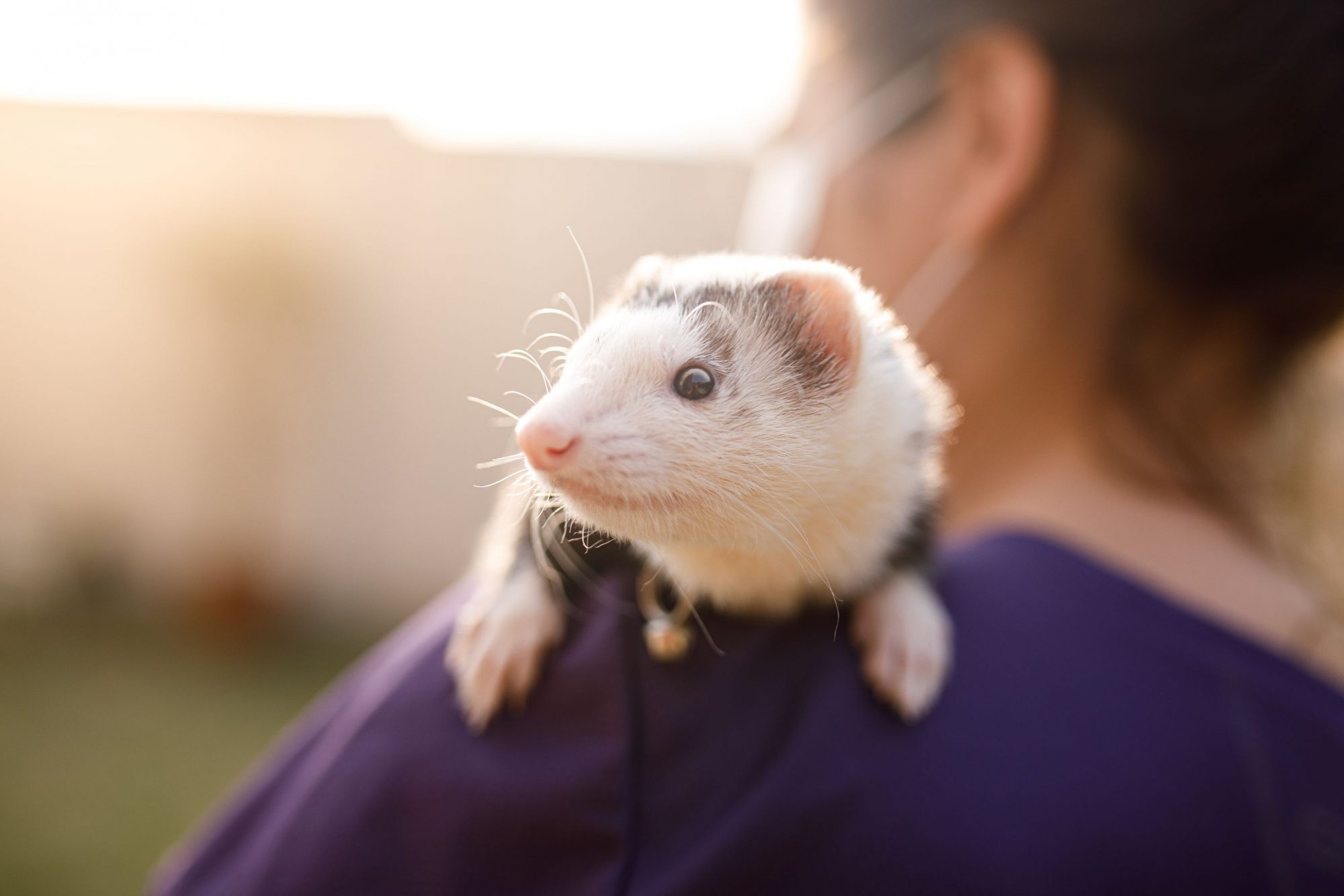Exotic pets are fascinating, beautiful, and often misunderstood companions. While traditional pets like dogs and cats dominate most homes, an increasing number of people are exploring more unusual options—from hedgehogs and sugar gliders to reptiles and hybrid cats. But before choosing one, it’s essential to understand which exotic animals you can legally own, how much care they need, and what the rules are in your state.
Exotic animals are typically defined as non-domesticated species that have not been bred over generations for life with humans. Many are wild by nature, requiring specific diets, enclosures, and veterinary care. Still, some are relatively easy to care for and permitted by law in many areas.
Examples of Manageable Exotic Pets
Here are a few exotic pets often considered low-maintenance and legal in multiple states:
- Hedgehogs – Small, quiet, and easy to house, they thrive in simple enclosures and eat insects or specialized pellets.
- Sugar Gliders – Playful marsupials that bond closely with their owners but require social interaction and a proper diet of fruits and protein.
- Fennec Foxes – Known for their big ears and energetic personalities, they can adapt well if raised in a secure, spacious environment.
- Degus and Chinchillas – Social rodents that are easier to care for than many other exotic mammals.
- Savannah and Bengal Cats – Hybrid breeds that offer exotic looks while being more manageable than fully wild felines.
When choosing an exotic animal, always prioritize species that are bred in captivity rather than taken from the wild. Captive-bred animals adapt better to human environments and are generally legal and ethical to own.
What Exotic Animals Are Legal in Ohio?
Ohio has specific and relatively strict laws concerning exotic animal ownership, especially after several high-profile incidents involving large predators and dangerous wildlife. The Ohio Dangerous Wild Animal Act regulates which species residents can legally keep.
Legal Exotic Pets in Ohio
Ohio allows ownership of many small or non-dangerous exotic species without a special permit. Examples include:
- Hedgehogs
- Chinchillas
- Ferrets
- Sugar Gliders
- Certain reptiles and amphibians (such as non-venomous snakes, geckos, and turtles)
- Small birds and parrots
Restricted or Prohibited Animals
Ohio bans or heavily restricts the possession of species considered dangerous or invasive, including:
- Big cats (lions, tigers, leopards)
- Bears
- Wolves and wolf-dog hybrids
- Alligators, crocodiles, and venomous snakes
- Non-human primates
If you’re unsure about a specific animal, it’s vital to check the Ohio Department of Agriculture website or your local wildlife agency before making a purchase. Penalties for unlicensed ownership can include confiscation and significant fines.
How to Buy Exotic Animals Safely and Legally
Buying an exotic pet requires research, responsibility, and compliance. Unlike cats or dogs, many exotic animals have specialized requirements that make impulse purchases risky for both the animal and the owner.
1. Check Local and State Laws
Before purchasing, confirm that your desired species is legal where you live. Laws can vary by state, county, or city—what’s legal in one jurisdiction may be prohibited in another.
2. Choose Ethical, Licensed Breeders
Always buy from licensed, reputable breeders or registered exotic animal rescues. Avoid black-market sellers or unverified online sources. Legitimate breeders provide health records, breeding documentation, and care guidance.
3. Prepare the Proper Environment
Each species has unique needs—temperature, humidity, diet, and enclosure space. Research these thoroughly before buying. Consult with a veterinarian specializing in exotic species to ensure you can meet the animal’s requirements.
4. Consider Long-Term Costs and Commitment
Exotic pets can live many years and often require ongoing investment in specialized food, habitat maintenance, and veterinary care. Make sure you’re prepared for the long-term commitment.
5. Transport and Registration
Some exotic pets require official paperwork, transport permits, or microchipping. Always comply with shipping and import rules to avoid legal or health issues.
Final Thoughts
Owning an exotic animal can be a rewarding experience for those who are informed, prepared, and legally compliant. Whether you’re drawn to a playful sugar glider or a curious reptile, remember that responsible ownership begins with education and legality.
Before making your decision, always check your local regulations, verify the seller’s credibility, and ensure you can provide the animal with a safe, healthy, and enriched environment.
With careful planning, exotic pet ownership can offer a lifelong bond with some of the world’s most remarkable creatures—ethically and responsibly.

